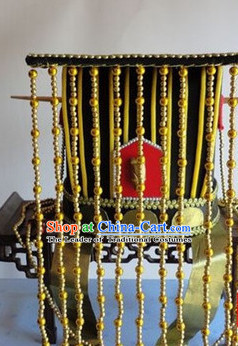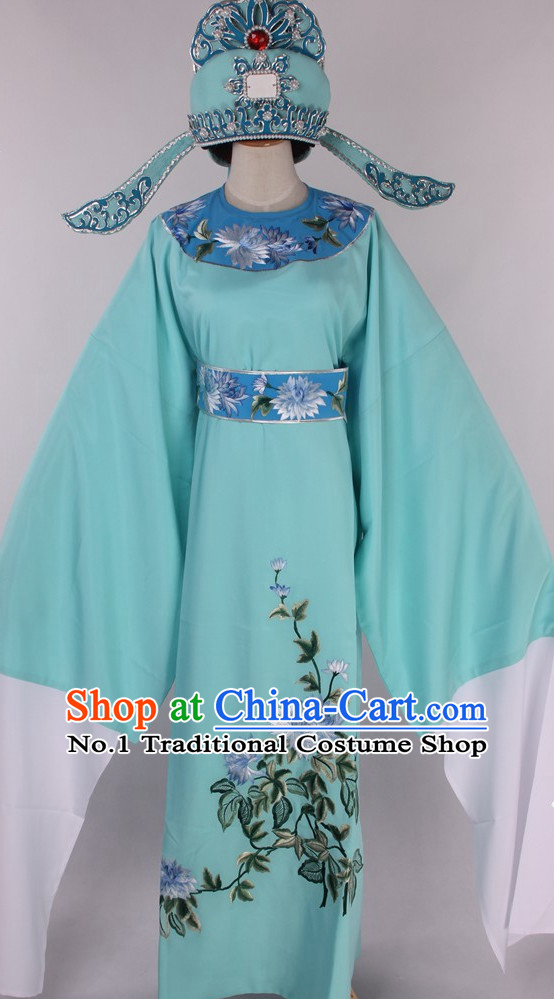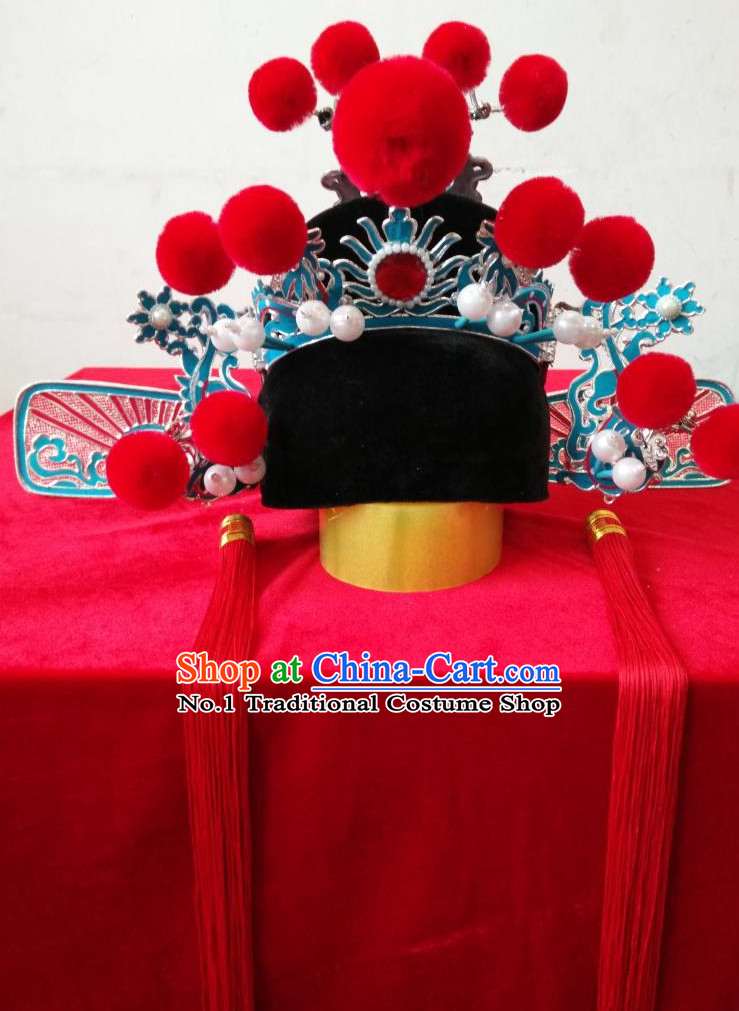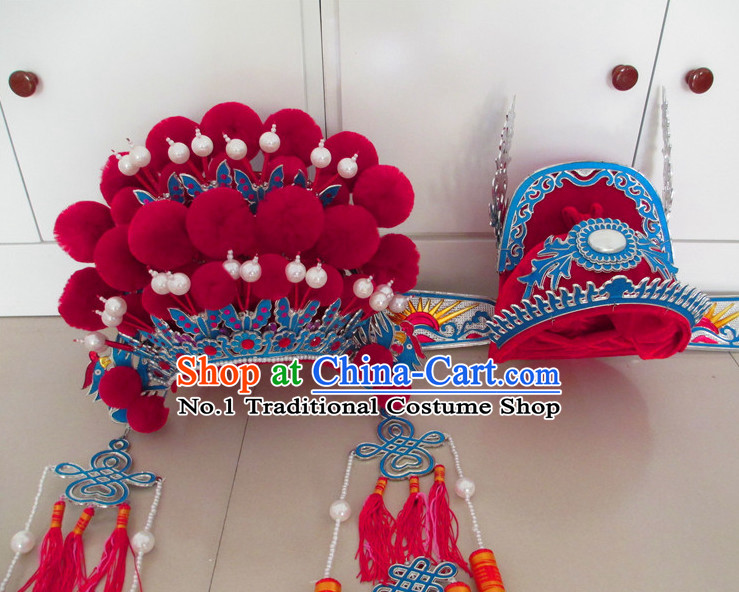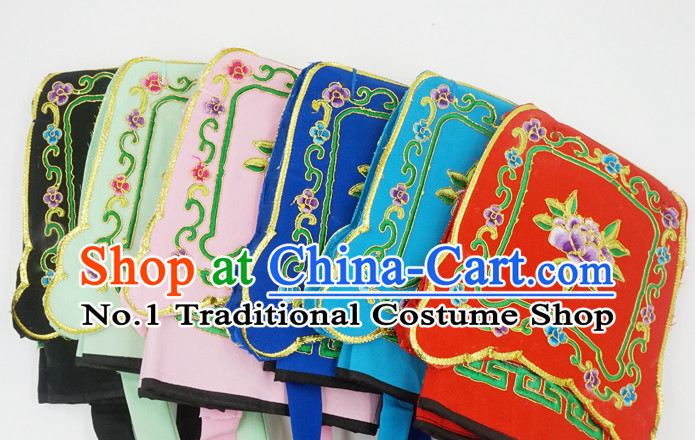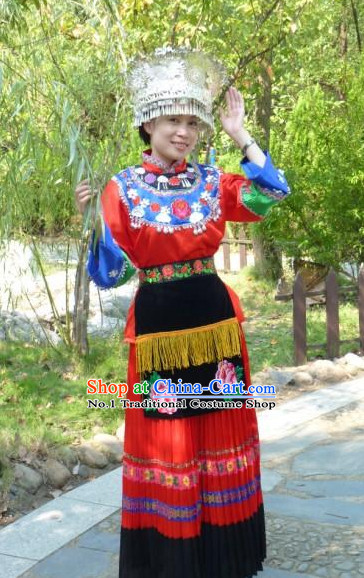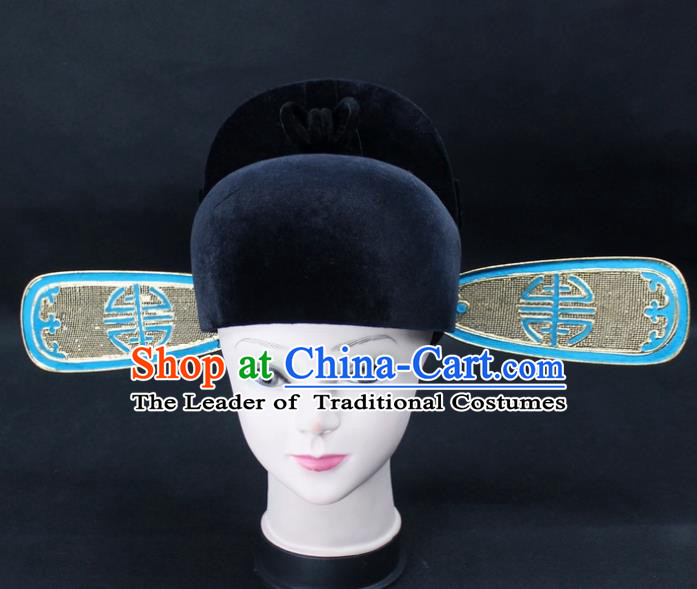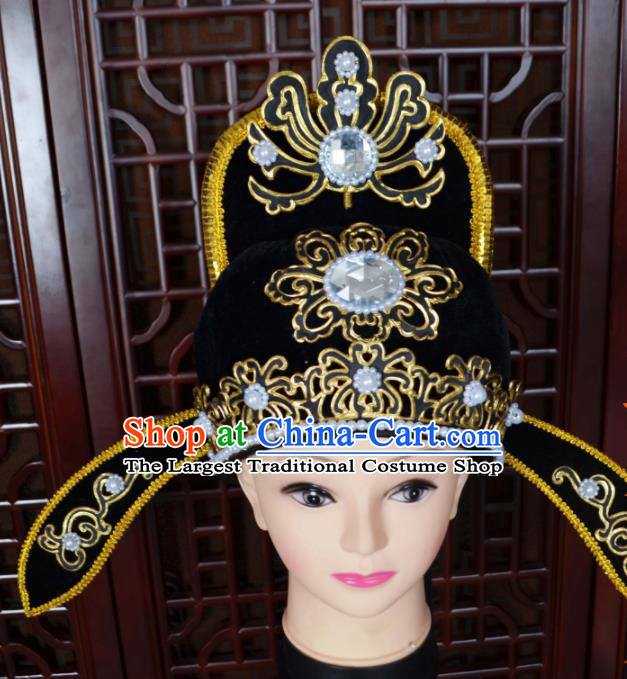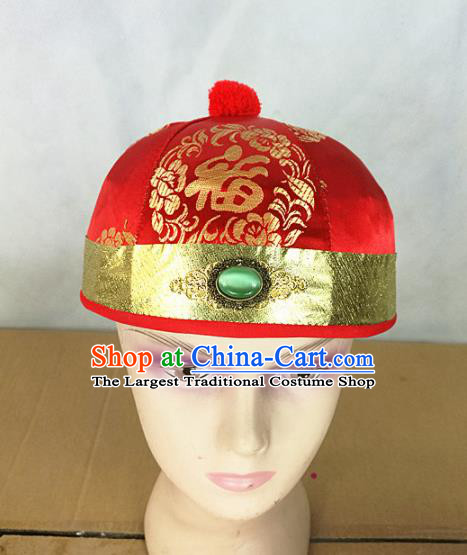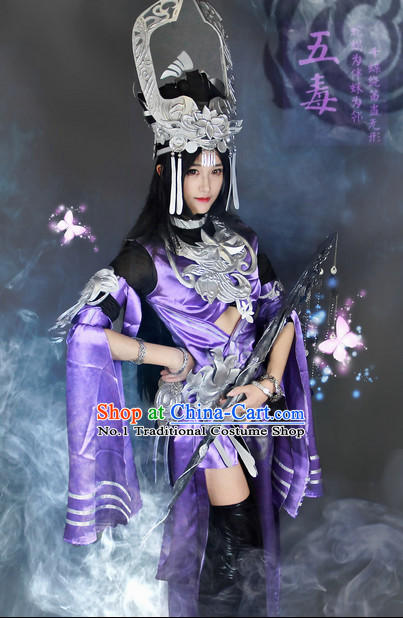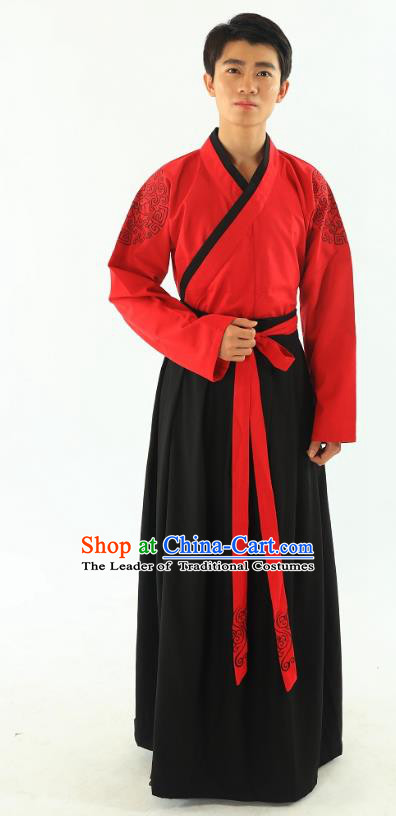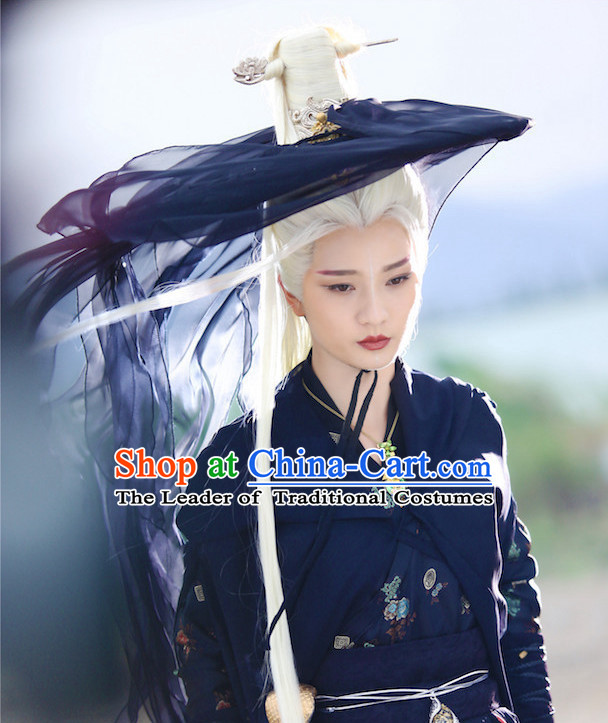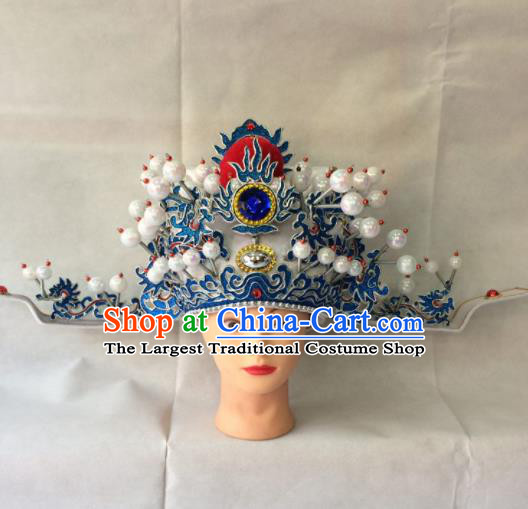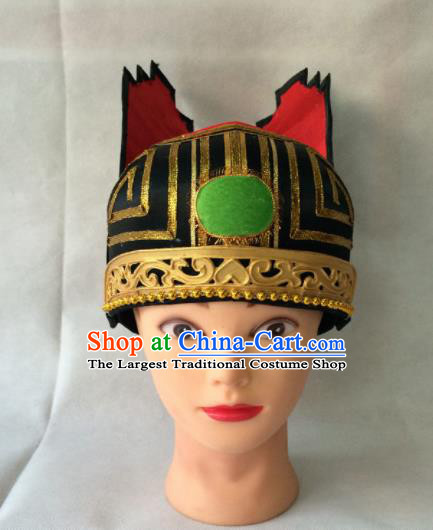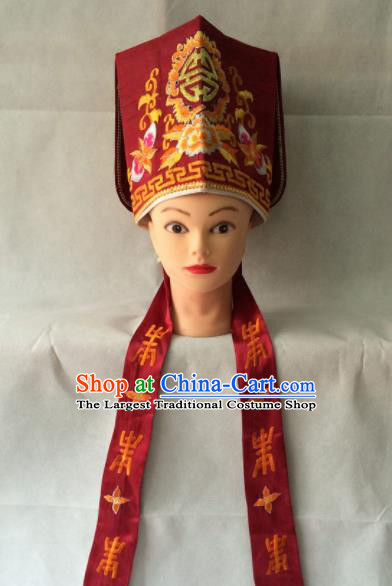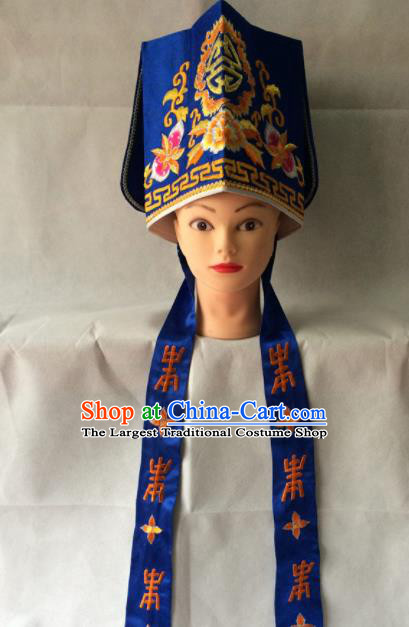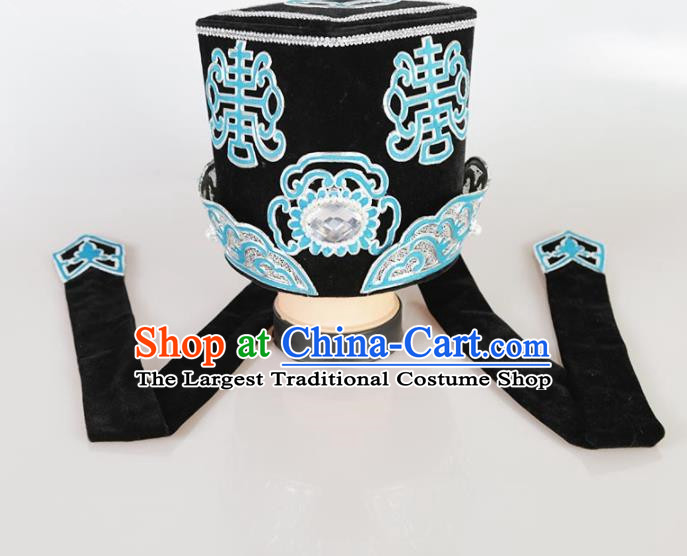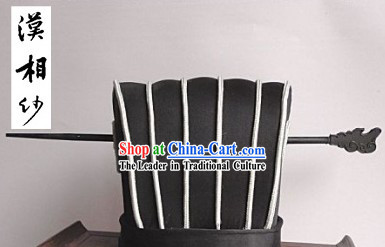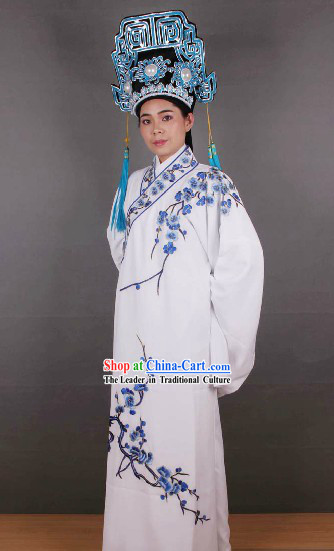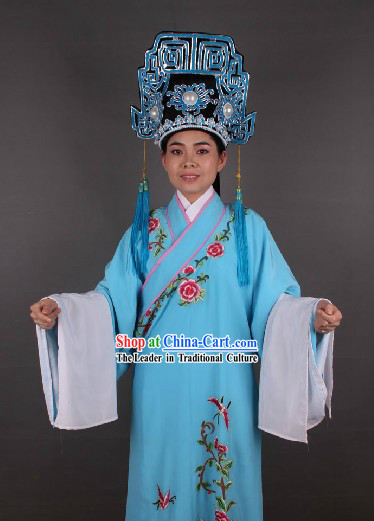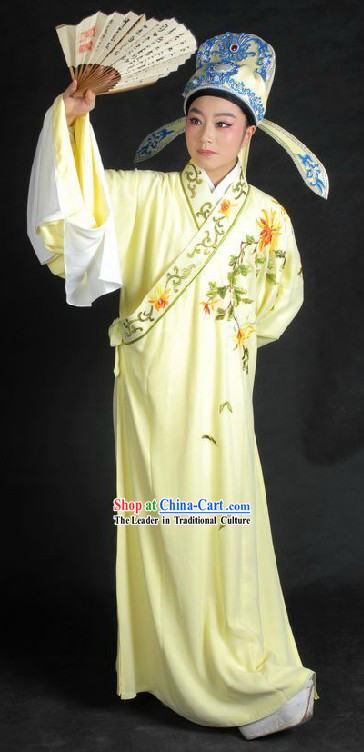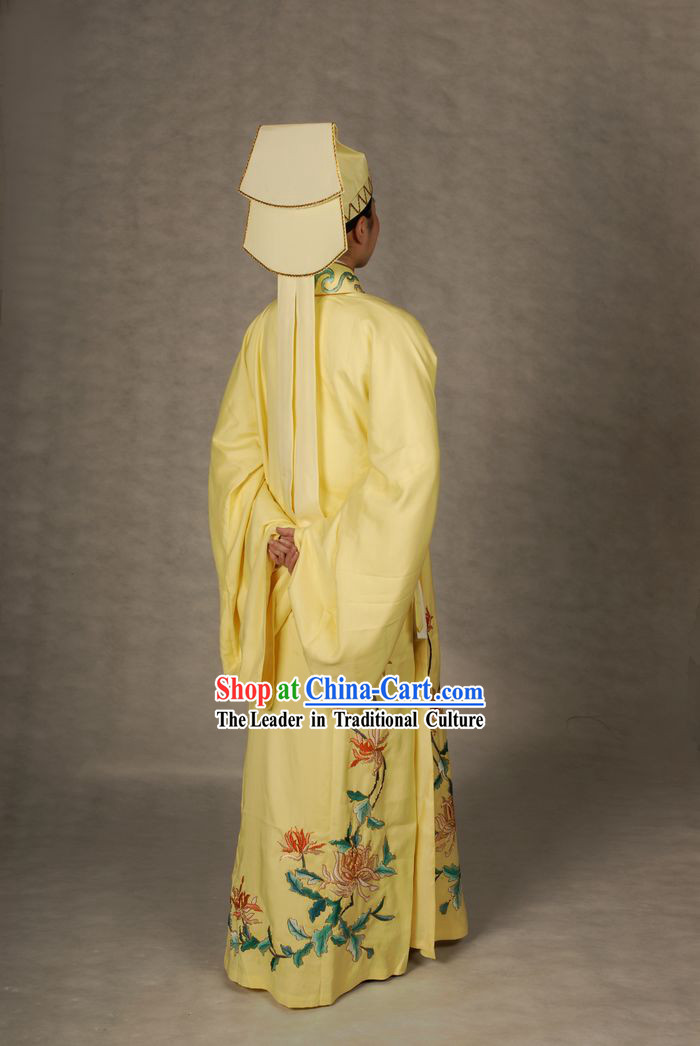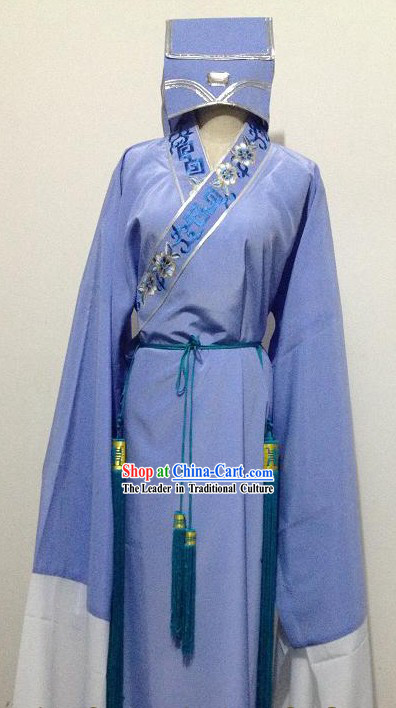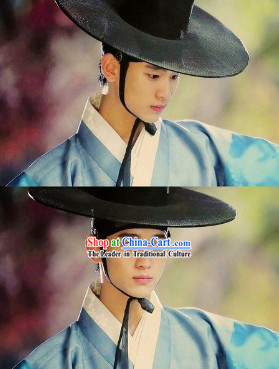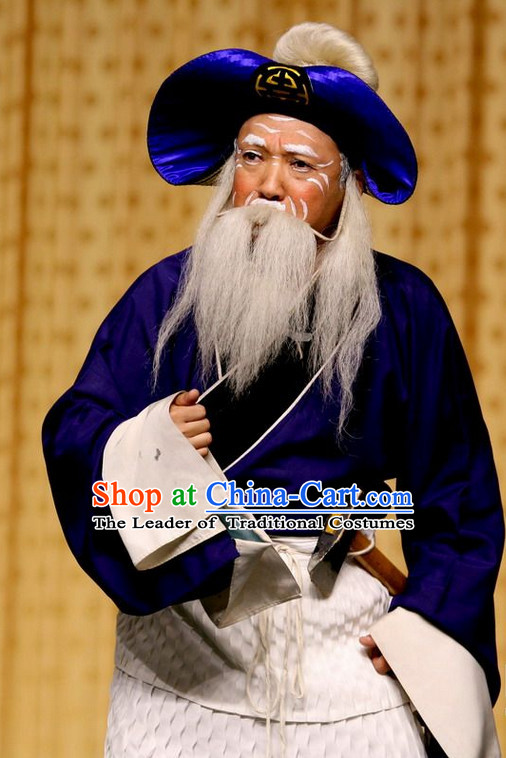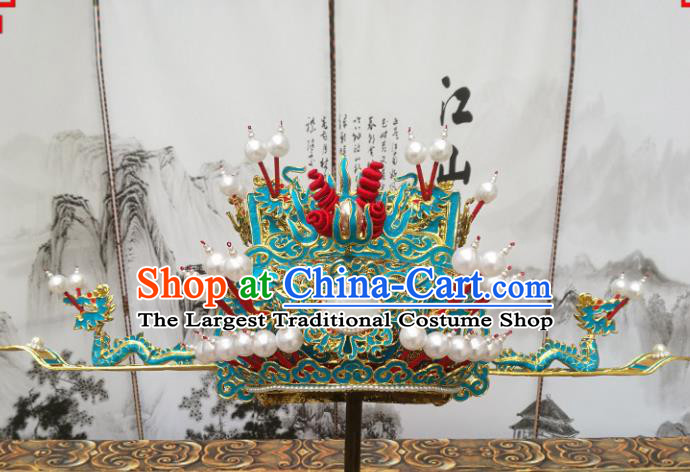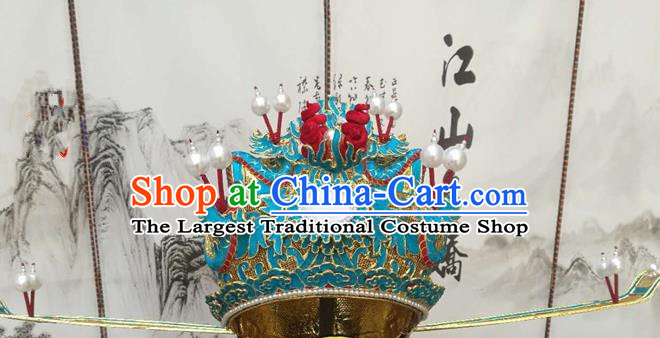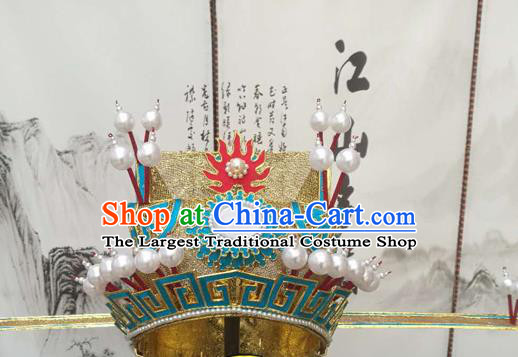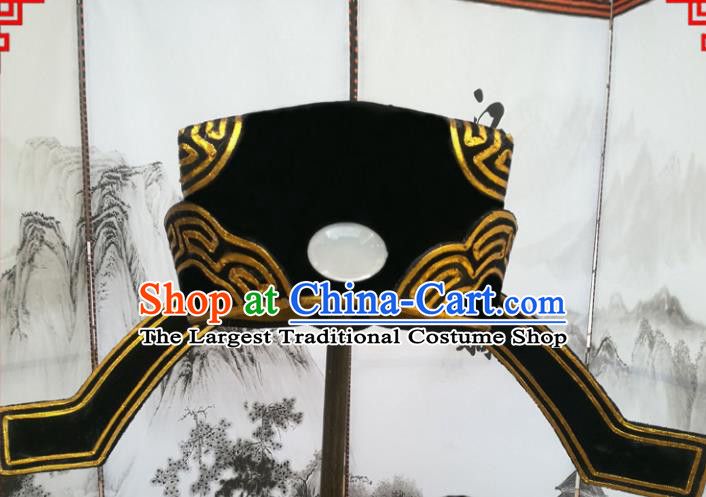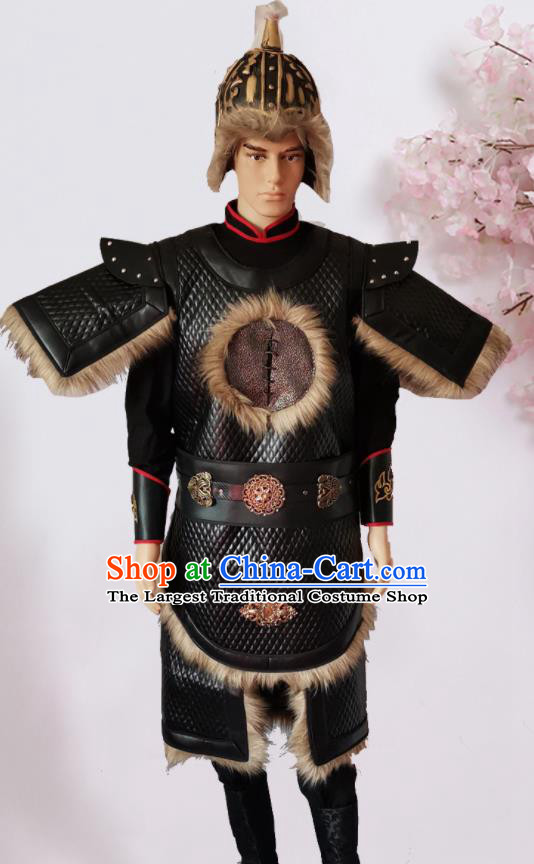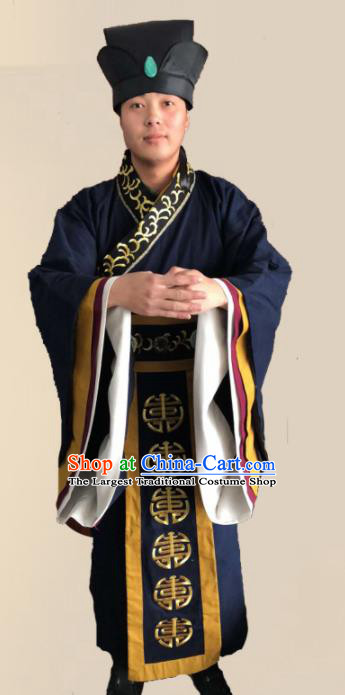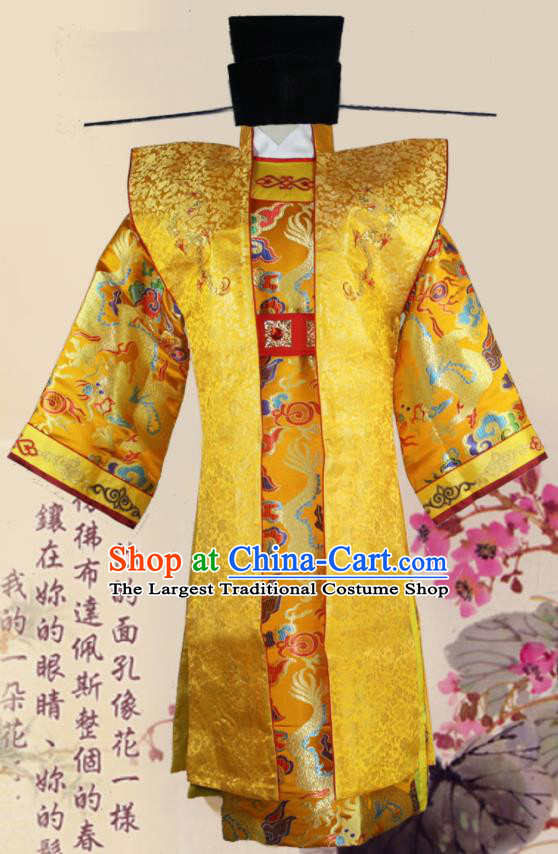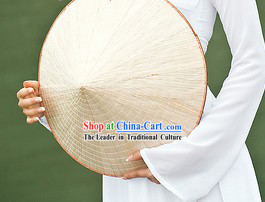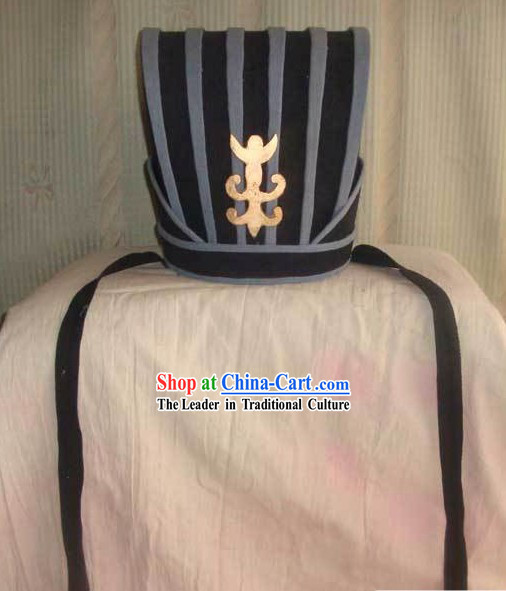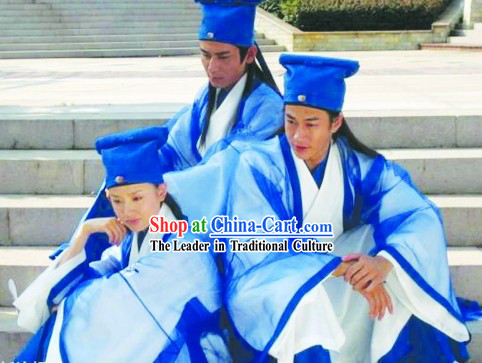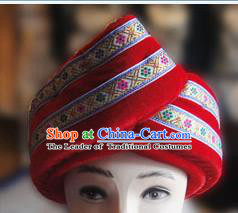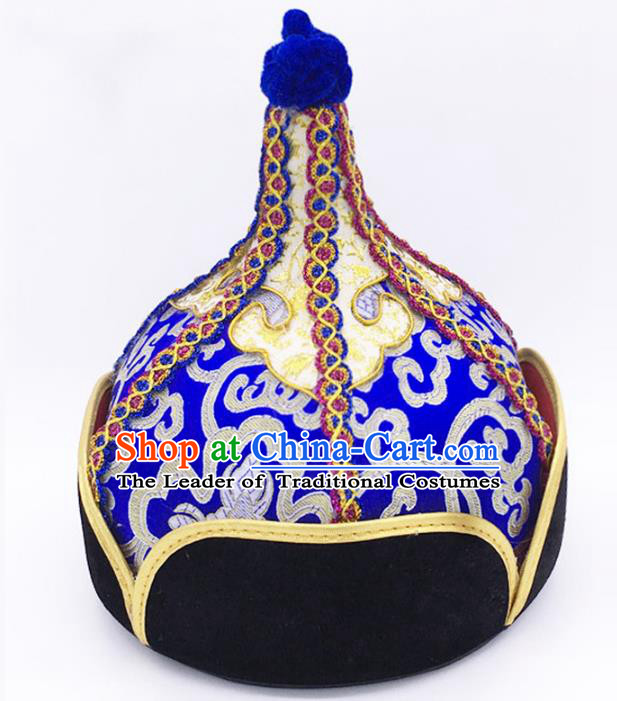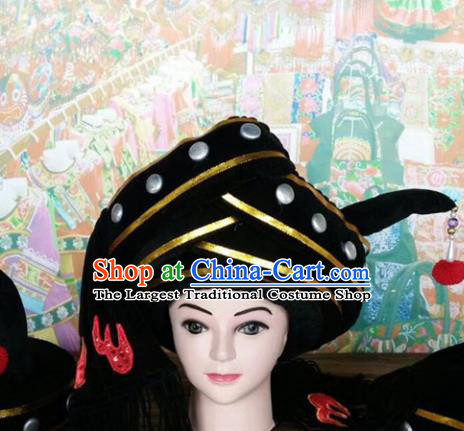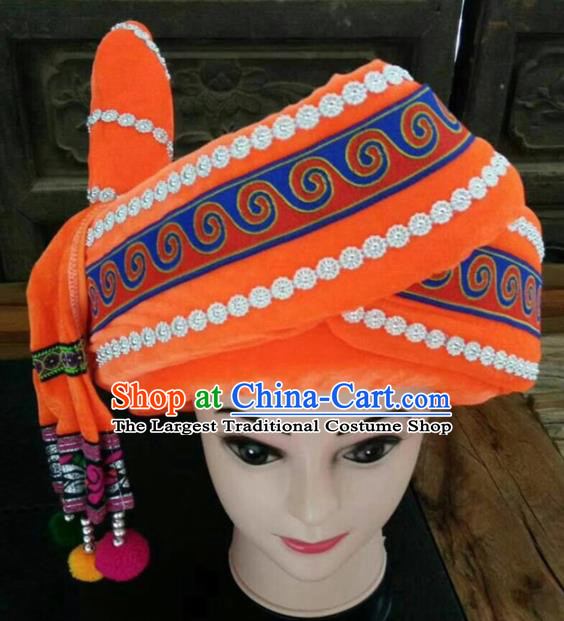
Click Related Pictures for More Audios:
The traditional Chinese Eastern men's hat, with its unique design and exquisite craftsmanship, showcases the charm of ancient Chinese culture.
This hat not only serves a practical function but also carries rich historical significance and cultural connotations.
Made of black velvet, this hat is adorned with intricate patterns such as dragons, phoenixes, and other auspicious animals.
These symbols represent power, nobility, and prosperity, reflecting the ancient Chinese society's yearning for a better life.
The edges of the hat are decorated with gold thread, adding a touch of opulence and making the entire hat more attractive.
In ancient China, the hat was not just a tool for sun protection or warmth but also a symbol of status and identity.
Wearers would typically choose hats that suited their profession, status, and preferences.
For example, officials would wear black official hats, while literati and scholars preferred white Ruist hats.
The design and production of these hats underwent strict scrutiny to ensure they met the prevailing aesthetic standards and social norms of the time.
Furthermore, hats also held religious significance.
In Buddhism, monks would wear special Buddha hats to express their devotion and reverence for Buddhist teachings.
These hats were usually made of red or yellow fabric and embroidered with images of the Buddha and other Buddhist symbols.
In conclusion, the traditional Chinese Eastern men's hat is an artistic masterpiece rich in historical significance and cultural connotations.
It not only demonstrates the ancient Chinese society's aesthetic concepts and way of life but also carries on the cultural heritage of the Chinese nation.
Today, this hat has become a precious cultural relic, attracting people from all over the world to appreciate and study it.


